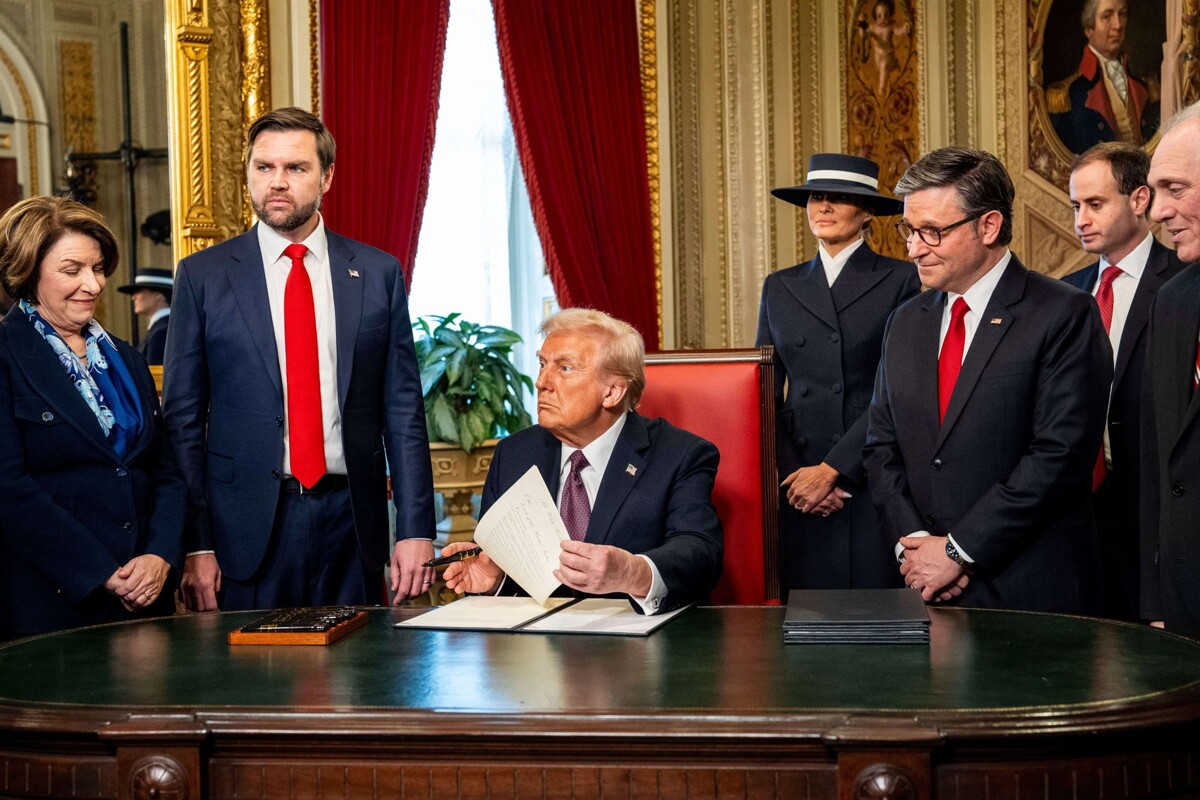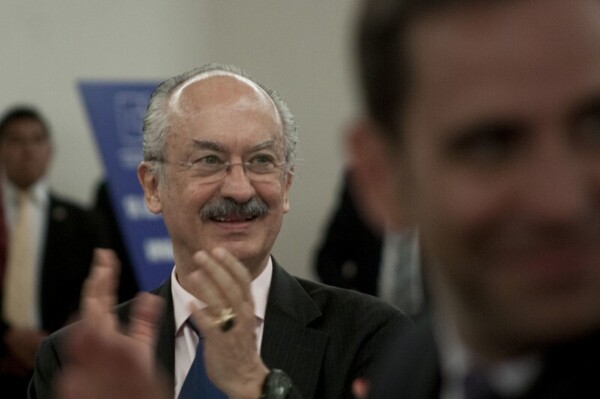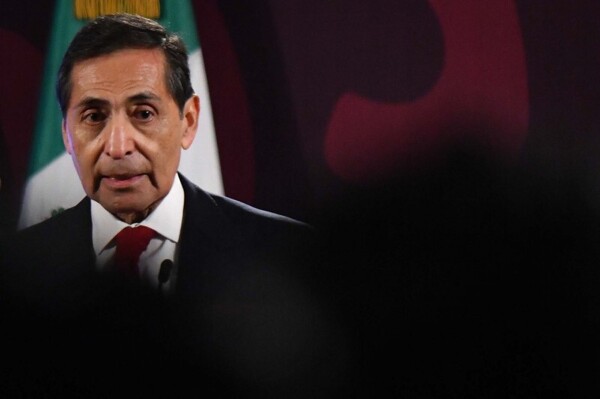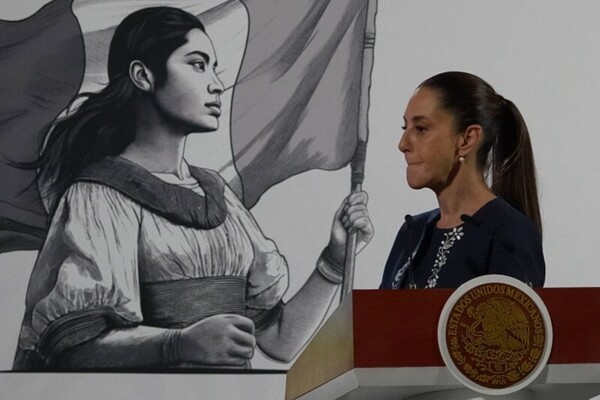
The president of Mexico, Claudia Sheinbaum, has been criticized for not addressing the problem of hundreds of people stranded at the Mexican border, after former President Trump took actions affecting the entry of migrants. Despite Sheinbaum's initial passive and limited reactions, such as the creation of the 'Stay in Mexico' program, her lack of communication with Trump's team puts her at a disadvantage.
Sheinbaum has shown confusion in differentiating between domestic policies and matters where Mexico is directly involved, as reflected in the use of the Foreign Enemies Act of 1798 to deport non-citizens deemed dangerous. In response to Trump's aggressive announcements, the president remained silent at the National Palace, creating uncertainty about how she will tackle the potential deportation of undocumented migrants to Mexico.
In contrast to Sheinbaum's stance, the president of Panama comprehensively rejected Trump's claims, demonstrating firmness in the face of threats. While Sheinbaum has acted cautiously, the lack of clarity in her statements regarding Trump's actions raises doubts about the strategy to adopt amid the recent bilateral crisis.
Trump's statements about the militarization of the border with Mexico have alarmed the Mexican government, which rejects the establishment of unilateral measures without consultation. In this scenario, it is crucial for Sheinbaum's government to reevaluate its strategy and team, taking into account the new reality imposed by the Trump administration and its impact on immigration, trade, and security policies.
As the bilateral relationship between Mexico and the United States faces unprecedented challenges, Sheinbaum's stance towards Trump's unilateral actions becomes decisive. Her call for dialogue, respect, and collaboration may clash with the aggressive stance of the U.S. president, highlighting the tensions and complexities of the relationship between both countries in the new political context imposed by Trump.














